|
"Allow children to find their way with words through passion and poetry." After an hour in the company of Joseph Coelho speaking on Reading for Pleasure at the Ilsham English Hub event last week, I was convinced that he was every inch the Waterstones Children's Laureate. In the second year of his tenure as the twelfth Laureate and successor to “How to Train the Dragon” writer Cressida Cowell; poet and library enthusiast Joseph’s call to action was delivered with focused fervour and fizz in how encouraging children to read, you also encourage them to write (and vice versa). Let them understand they are “part of this wonderful world of words and their words are wonderful.” Words count and understanding that many children struggle with words, poetry reading can be the perfect medium as “you cut straight to the marrow.” Poetry can come with a certain scary “baggage,” but thinking beyond any imaginable barriers, poetry plays with words and can be very appealing to children and boost their reading. Poetry is often dipped into for a wedding or a funeral and then forgotten. But “it translates into the soul” and puts into words the indescribable and can be relished in our minds. It makes words live. Think of the almost magical meaning of lyrics as the words performed to the lyre. Sharing his own poet pen portrait story was inspiring. Joseph did not grow up in a book-filled home. Yet it was a home of words in which poetry was prominent. There were Argus and Littlewoods catalogues and whilst books were sparse, Joseph notably remembers reading a Ladybird edition of “Little Red Riding Hood” with the iconic watercolour cover and Dr Seuss’s “The Cat in the Hat.” His Gran wonderfully furthered his literary leanings with a poster of 1950s Mabel Lucie Attwell‘s “Please remember - don't forget - never leave the bathroom wet!” in her toilet. Joseph read and read the catchy fun verse over again, learning and absorbing it as a boy and in later years, it was a happy revelation for him to discover that Gran wrote her own poems. As a child in his formative writing years, Joseph put his own poetry skills to the test when he wrote a poem for a competition. He had discovered that bears were not treated well, which upset him and he wrote a poem very cleverly called “Unbearable” (a young punster!). Whilst he did not win, Joseph enjoyed writing the poem and kept writing and reading. Along the way in his own journey as a poet, Joseph was to work as a gym instructor, in adverting and sales, as a transport planner and even dare we say it, a tequila boy. Joseph’s ideas do not come from starring at a computer screen, but from going out and thinking, confident in the act of composition by letting ideas evolve. The schooling of his poetic soul evolved in attending a poetry performance course at Battersea where he discovered an ownership in reading and writing poetry and felt in his bones that he was already a writer, believing poetry to be innate in us all, belonging to everyone in non-judgemental ways. Amongst many role models, Joseph was inspired by the work of Jamaican dub poet and storyteller Jean, "Binta" Breeze MBE; understanding personally the importance of diversity and representative characters in books and writers on the bookshelves. But poetry is more than putting pen to paper or writing composition; it is about ideas and ownership of children’s words and opportunity to read each other’s words. In leading activities with children, Joseph has used post-it notes for their wordy ideas whilst playing in the hall to describe what they are doing, for example, sliding down a dragon’s back. Poetry allows children to build-up empathy by using each other’s poetic phrases and taking the words back into the classroom and in doing so, gently introducing the idea that they can all read and write poetry; which can have a huge impact on the reading and writing process and encourages them to be more open to reading the works of others. Indeed, in his own work, Joseph has used poetry to work on a project supporting mental health. 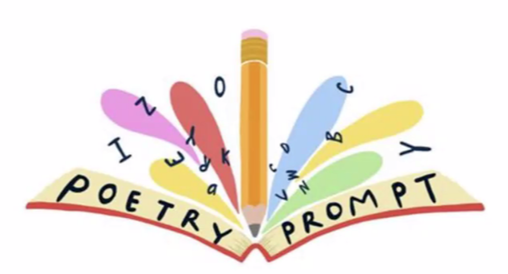 Poetry tends to be short, so you can read it and keep in your head for longer than prose and is less overwhelming. Let’s say it and celebrate it now: reading a poem is usually less of a challenge. You can memorise it. It becomes part of you. The pleasure of reading poetry. Poetry plays with language, for example the world of spoonerisms – switching around the front letters as in Joseph’s fun poem, “A Tip of the Slongue” and encourages pupils to be actively engaged in reading the poem. Introduce simple devices and engage them in hunting out the different devices. The wonderful thing about children is that they naturally use poetry and naturally come up with poetic devices. Encourage them to feel words are powerful and valid. Think what the children are writing on. Use giant pieces of sugar paper, jotting down words in felt-tip pens or in one activity Joseph even used disposable lab coats (taking Science to new heights!) that can be put on and taken off. In his own crafting, Joseph uses a beautiful notebook and before he had a space of his own, he used to write in cafes in Soho. Poetry makes literacy accessible to children. Give them their own poetry notebook to use in the classroom. Let them know that the pen belongs to them and their words are powerful and valid in building a foundation where they feel welcomed by books. Get children to write quickly and put their poems down from their heads. Poetry-penning can certainly be easier with younger children who have yet to learn to edit and are not worried about the opinions of others. As teachers, read aloud your poetry. Children are always enthralled by listening to the poetic world. Join them on their poetic journey. On visits to schools, Joseph has even been asked by the librarian if he has a book with him to take part in the stop: 15-minutes reading time for everyone. Children mimic, so it is good for them to see everyone reading. Make these reading routines a happy habit. Let the children feel that they have a final product of their work. Be it a performance to which parents are invited to attend, a wall display, a book, a piece of art. Encourage children to share their own poems. 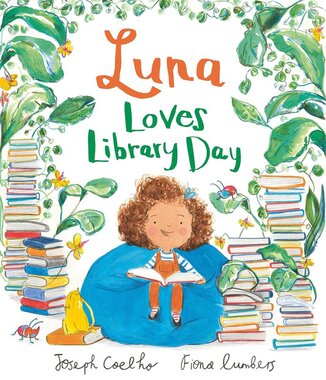 “Invite them into the world of the books.” Cue libraries. Joseph is a member of 177 libraries. It must a be a record and a tribute to his passionate support. Back to Joseph’s own childhood and his introduction to libraries. It was his Gran who launched him on his library career and the beautiful, wood-panelled West Hill Library where she had wanted her ashes to be scattered on the parquet floor. Although Joseph’s Gran outlived West Hill Library; recently sending him an article that the library was sadly closed and the building was up for sale. Joseph used to spend the day at the library. He was part of the reading schemes, bought incomplete encyclopaedias in book sales (“a space to own books”), did his homework there, he even met a girl, laughed with the two Pauls, and played the book bag games of triggering the alarm. Libraires are “a hub for the community.” Warm and dry, a resource of information and support. As well as a place to discover and read books and enjoy other experiences, libraries are spaces to play board games and Lego, for knit and natter, and support mental health services. Not surprisingly, Joseph has created lots of poems about libraries. For four years he performed a one-man stage of poetic storytelling, writing plays that toured libraries as spaces to experience live theatre and events and for him to test out new material. Joseph works with children who are not taken to the library, working to break down barriers to get them into a library and making visual the opening of doors to new worlds. “So that more children can discover books and see themselves in books and know that their own words are important and have power too.” With an eye on literacy, one of the teachers in the audience asked a question about balancing creative pupil writers with the a focus on spelling that can be an issue with some children avoiding big words that they cannot spell. Understanding this dilemma, Joseph encouraged teachers to develop “a passion and urgency” in the children’s writing, as once they wish to write, everything else is easier. Plus, as we all know, spelling mistakes are a part of life. Get them to the point where they want it to be their best work and to be inventive and imaginative and brave with their word choice. In his privileged poetic position as Children's Laureate, it is clear that Joseph will continue to celebrate books and inspire children to read and write their own poetry through his delightful personality and poetry. We thank him for his dazzling talk and to Ilsham English Hub for hosting such a wonderful event. Afterwards, I was tempted to pen a poem in celebration myself. Review by Jude, PA to the SWIFT Executive Team Ilsham English Hub are pleased to offer the following professional development opportunities for 2023 – 2024: Teacher as Readers Group | Open University/UKLA Ilsham English Hub 2023 - 2024 1600 – 1730 | Zoom Session 1 | Thursday 5 October 2023 Session 2 | Thursday 30 November 2023 Session 3 | Thursday 18 January 2024 Session 4 | Thursday 14 March 2024 Session 5 | Thursday 23 May 2024 Session 6 | Thursday 20 June 2024 This group provide free evidence–based CPD for teachers, Teaching Assistants, Early Years professionals, librarians, reading volunteers and others to enrich their understanding of Reading for Pleasure (RfP) and how to support it. It is the fourth year this group has been running and is led by Danni Cooke Ilsham English Hub Lead and the Ilsham Hub Team. The aims of the group are:
You will receive a certificate at the end of the course when you have shared your example of practice on the Open University Reading for Pleasure website. We ask that you aim to attend all the sessions, and within this work you are aiming to make a difference initially to a small group of children. Transforming your School Reading Culture (TSRC) | Ilsham National English Hub 2023 - 2024 Core Sessions | 1230 – 1500 | Zoom Optional Workshops | 1600 – 1630 | Zoom Sign up here The TSRC programme is underpinned by research; and throughout the programme there are articles/books for participants to read, as well as references to research built into the session plans. This research is split into two strands: reading for pleasure and leadership development/change management theory, and there will be gaps tasks in between the sessions. You will need to attend all the sessions and will receive a certificate once the course is completed. Core Sessions Core Session 1 | Reading for Pleasure: a whole school culture | Wednesday 11 October 2023 Core Session 2 | Creating whole school change | Wednesday 22 November 2023 Core Session 3 | Creating a reading school: structural changes | Wednesday 17 January 2024 Core Session 4 | Creating a reading school: behavioural changes | Wednesday 13 March 2024 Core Session 5 | Celebrating impact and sustaining change | Wednesday 19 June 2024 Optional Workshops
This group is for English Leaders and is looking at developing a whole school reading community and culture and is FREE to access and will be facilitated by Danni Cooke (Ilsham English Hub Lead) and Carly Watson (Hub Team). You will need to sign up to attend all five core sessions to be part of this support group and you are also welcome to attend the optional after school workshops (further details to follow next academic year), which should also be valuable. Contact
For any enquires, you can contact Ilsham English Hub Lead, Danni Cooke.
0 Comments
"Our lives are built on and held together by words." Tuesday 20 June 2023 | 0930 to 1600 Broadclyst Community Primary School, School Lane, Broadclyst, Exeter, Devon EX5 3JG Reading roadblocks can be a daily problem for school communities. For many learners, significant roadblocks interrupt the journey to becoming an avid and fluent reader. The Cornerstone English Hub 2023 Conference will explore the various challenges and hurdles faced by pupils as they embark on their reading journeys and will unpick strategies and approaches to make lasting differences to children and teachers. Words help us to discover new information and imagine new worlds, they underpin human creativity and provide us with the foundations of rational thought. When we help children to learn new words and to love using them, we unlock the limitless possibilities offered through the wonderful world of reading. Join like-minded colleagues at the 2023 Cornerstone English Hub Conference and explore these reading roadblocks and learn how to support every child to overcome the hurdles hindering their reading adventures. Be inspired and reflect on the subject of reading. FREE to attend for all educators, the Reading Roadblocks event will be of most interest to primary English / Reading Leads or Senior Leaders.
|
SWIFT News
|
SPONSORED BY
Join us, be a part of our SWIFT community |
© COPYRIGHT 2022 SOUTH WEST INSTITUTE FOR TEACHING SWIFT. ALL RIGHTS RESERVED | Website by brightblueC
VIEW OUR PRIVACY NOTICES | VIEW OUR COURSE T&CS
VIEW OUR PRIVACY NOTICES | VIEW OUR COURSE T&CS

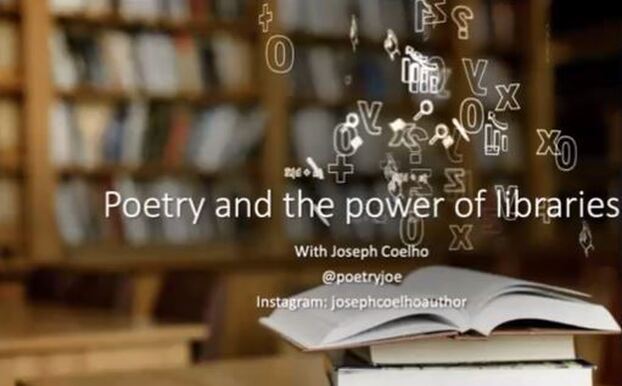
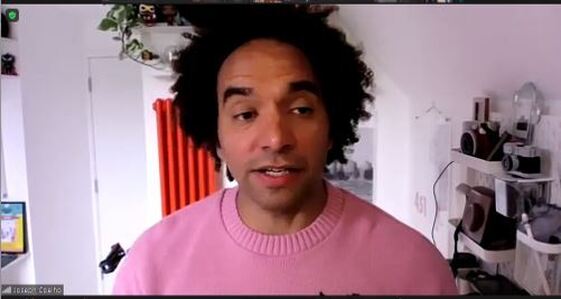
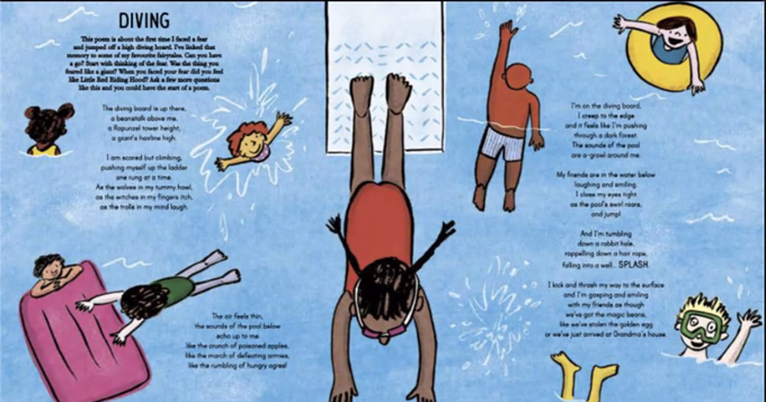
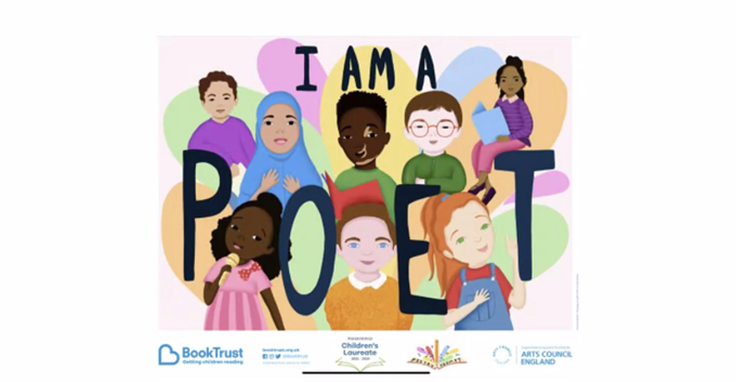
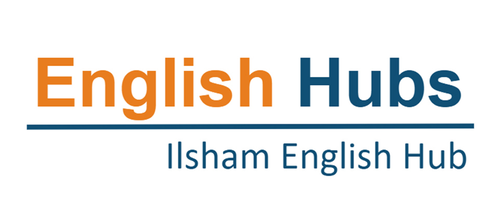
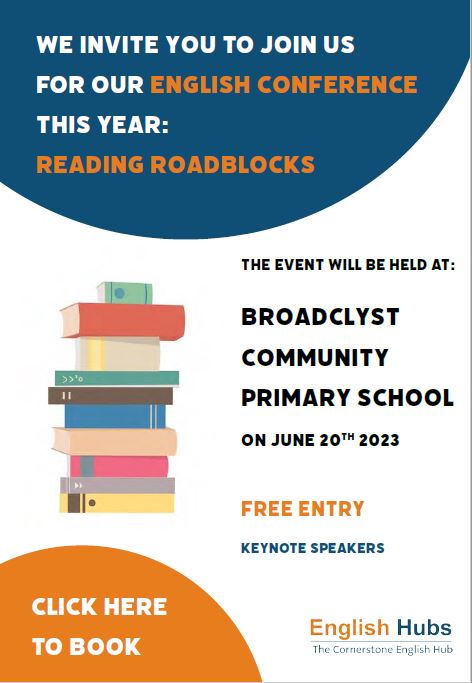
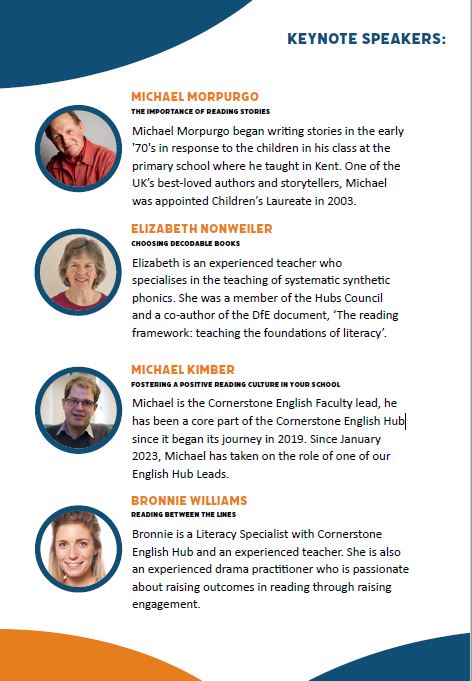
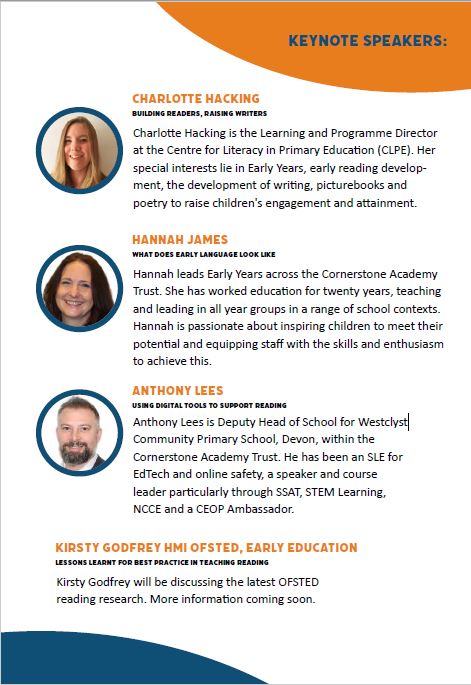

 RSS Feed
RSS Feed





